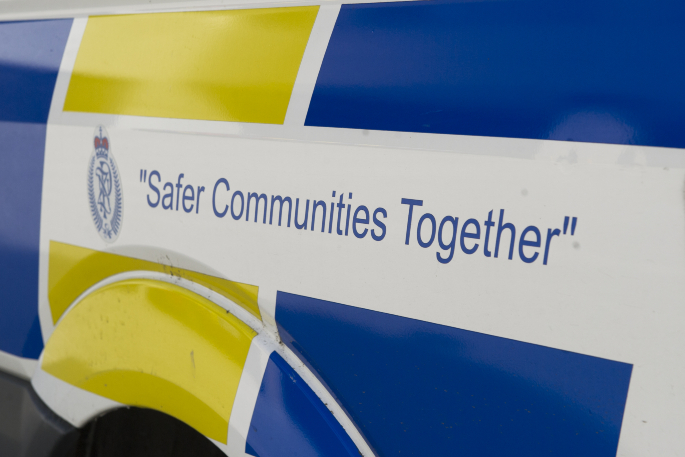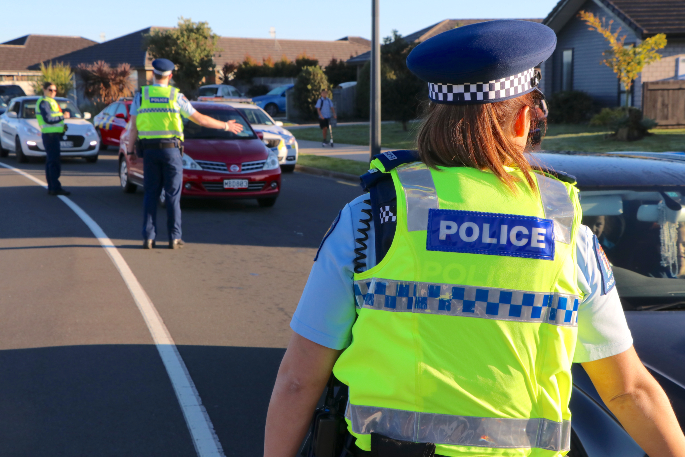New roadside drug testing is set to start next week to combat drug driving.
The Government passed the Land Transport (Drug Driving) Amendment legislation on March 8, 2022.
It involves random roadside drug testing, where at minimum, drivers who test positive will be fined, given demerit points and suspended from driving for 12 hours.
This is set to begin Saturday, March 11, 2023.
Testing will be done through oral fluids, and will test for the most prevalent drugs, or drug classes in New Zealand.
According to the Ministry of Transport, this is likely to include, THC - the physcho-active ingredient found in cannabis, methamphetamine, benzodiazepines (sedatives), MDMA (ecstasy), opiates such as morphine and cocaine.
In the Bay of Plenty, there have been 49 accidents with drugs proven as a contributing factor over the last five years. About 45 of these crashes have been fatal.
According to Waka Kotahi New Zealand Transport Agency, these numbers exclude some of 2022 due to the time it takes to report data into their system.

There have been at least nine fatal crashes on Bay of Plenty roads every year from 2018 – 2021. Image: Waka Kotahi/Supplied.
Waka Kotahi's data involves 'any drugs” other than alcohol, according to Waka Kotahi research and analytics senior manager Galina Mitchelhill.
'This includes over the counter, prescription and illicit drugs," says Galina.
Galina adds it is important to note the reduced road traffic during Covid-19 lockdowns, and says after a fatal crash, "more testing" for the presence of alcohol on drugs takes place, and so more results are available.
"Police were not roadside drug testing during the years in question, so it would have been difficult for the officer present at the crash site to confirm the presence of drugs."
This means the data may be more likely to show the presence of drugs if the crash is fatal, and there may be more non-fatal crashes with drugs as a contributing factor which are unaccounted for.
Galina says crashes also cannot be attributed to one single factor, 'such as fatigue”, as a crash may have 'multiple” factors.
 Police have been undertaking work to deliver on the Land Transport (Drug Driving) Amendment Act by March 11. Photo: File/SunLive.
Police have been undertaking work to deliver on the Land Transport (Drug Driving) Amendment Act by March 11. Photo: File/SunLive.
On the new testing beginning March 11, National Road Policing Centre Superintendent Steve Greally says police have been 'undertaking an extensive programme of work” to deliver on the roadside drug testing law passed by the Government last year.
He says it includes the attainment of an 'oral fluid testing” device, to enable the roadside testing.
This however, according to Steve, has 'identified technological constraints” with the available devices in meeting the requirements of the Act.
Despite these constraints, Steve says police are working with the Ministry of Transport and Waka Kotahi to "deliver on the requirements and intent of the legislation".
SunLive has approached police for further comment.



0 comments
Leave a Comment
You must be logged in to make a comment.